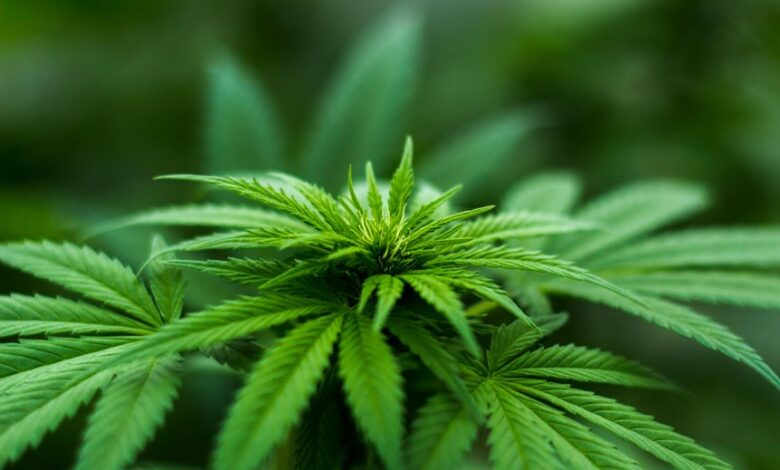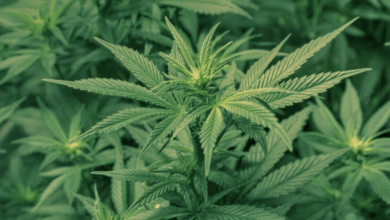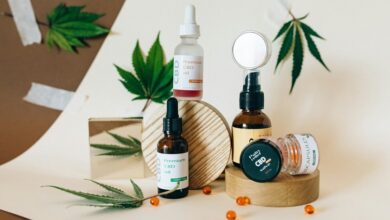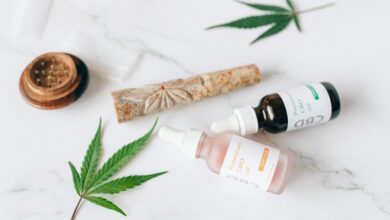Is There Thc in Cbd

The presence of THC in CBD products varies significantly. Full spectrum CBD includes a range of cannabinoids, including THC, which may enhance its effects. In contrast, CBD isolate is purely CBD, containing no THC at all. Understanding these differences is crucial for consumers, especially regarding legal implications and personal preferences. What should consumers consider when selecting a product based on THC content?
Understanding CBD and THC: Key Differences
Cannabidiol (CBD) and tetrahydrocannabinol (THC) are two prominent cannabinoids found in cannabis plants, each with distinct properties and effects.
CBD is non-psychoactive, offering therapeutic benefits without the high, while THC is known for its psychoactive effects, inducing euphoria.
Understanding their cannabinoid profiles is essential for consumers seeking specific effects, whether for wellness or recreational purposes, emphasizing the importance of informed choices.
Types of CBD Products and Their THC Content
The variety of CBD products available on the market can significantly influence their THC content.
Full spectrum CBD retains all cannabinoids, including THC, often within legal limits, offering an entourage effect.
In contrast, isolate CBD contains only pure CBD, ensuring no THC is present.
Consumers should carefully assess product labels to determine the THC content and select the option that aligns with their preferences.
Legal Considerations Regarding THC in CBD
How does the legal landscape affect the use of THC in CBD products?
THC regulations vary significantly by jurisdiction, impacting CBD legality. In many regions, products must contain less than 0.3% THC to remain compliant.
Consumers seeking freedom in their choices must navigate these complex laws, ensuring they purchase compliant CBD products. Understanding local regulations is essential for responsible consumption and legal protection.
Choosing the Right CBD Product for Your Needs
When considering which CBD product best meets individual needs, several factors come into play.
Product potency is crucial; higher concentrations may be necessary for specific conditions. Additionally, understanding dosage guidelines helps users achieve desired effects without adverse reactions.
Personal preferences, such as method of consumption, also influence choices.
Assessing these aspects enables individuals to select a suitable CBD product tailored to their unique requirements.
Conclusion
In conclusion, understanding the differences between CBD and THC is crucial for consumers navigating the diverse landscape of CBD products. With options ranging from full spectrum to isolate, the THC content can vary significantly, impacting both legality and personal experience. As individuals seek their ideal product, akin to selecting a compass in a sprawling forest, careful attention to labels and informed choices will lead to a more satisfying and compliant use of CBD.






